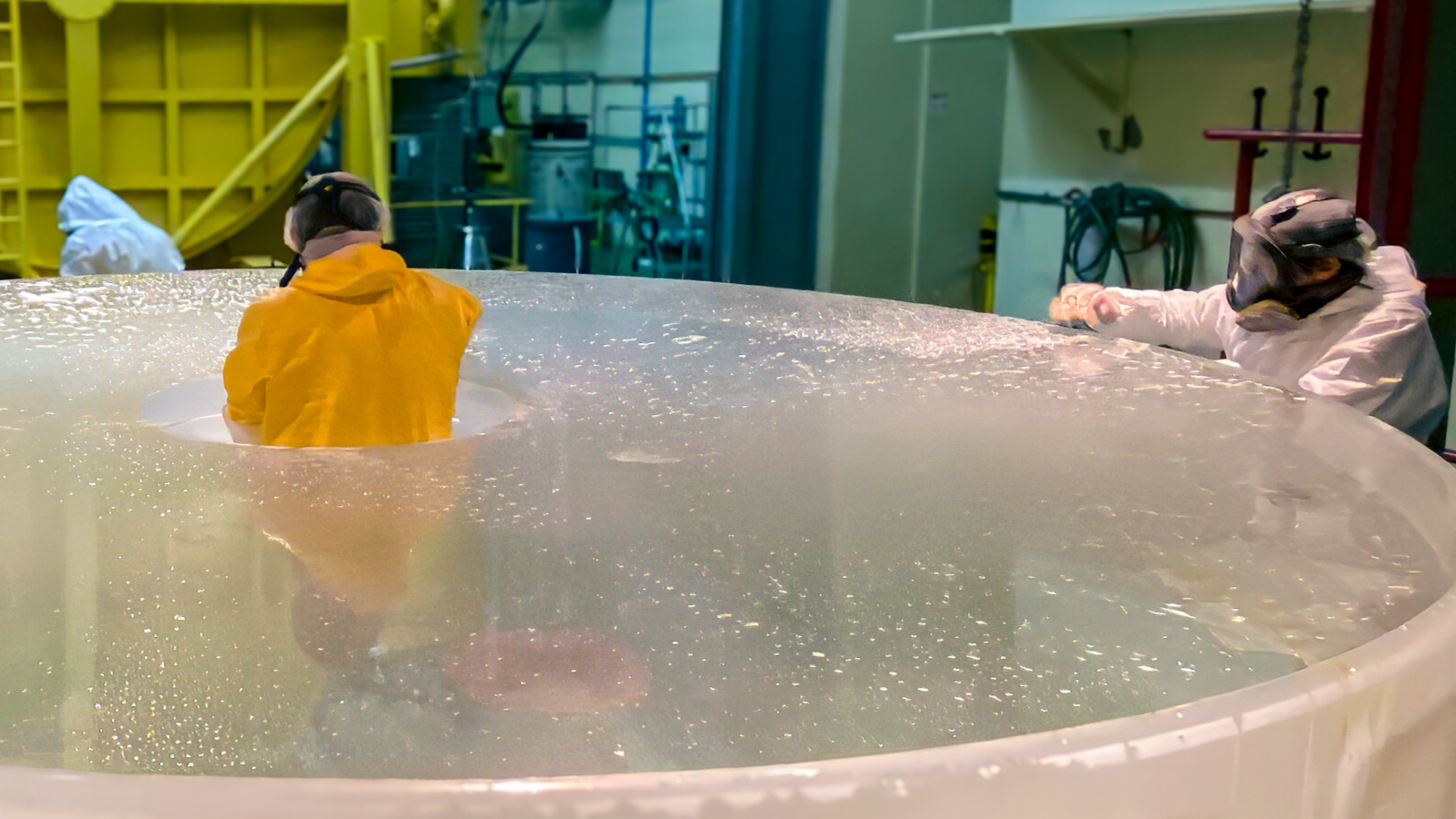
Keith Cooper
Keith Cooper is a freelance science journalist and editor in the United Kingdom, and has a degree in physics and astrophysics from the University of Manchester. He's the author of "The Contact Paradox: Challenging Our Assumptions in the Search for Extraterrestrial Intelligence" (Bloomsbury Sigma, 2020) and has written articles on astronomy, space, physics and astrobiology for a multitude of magazines and websites.
Latest articles by Keith Cooper
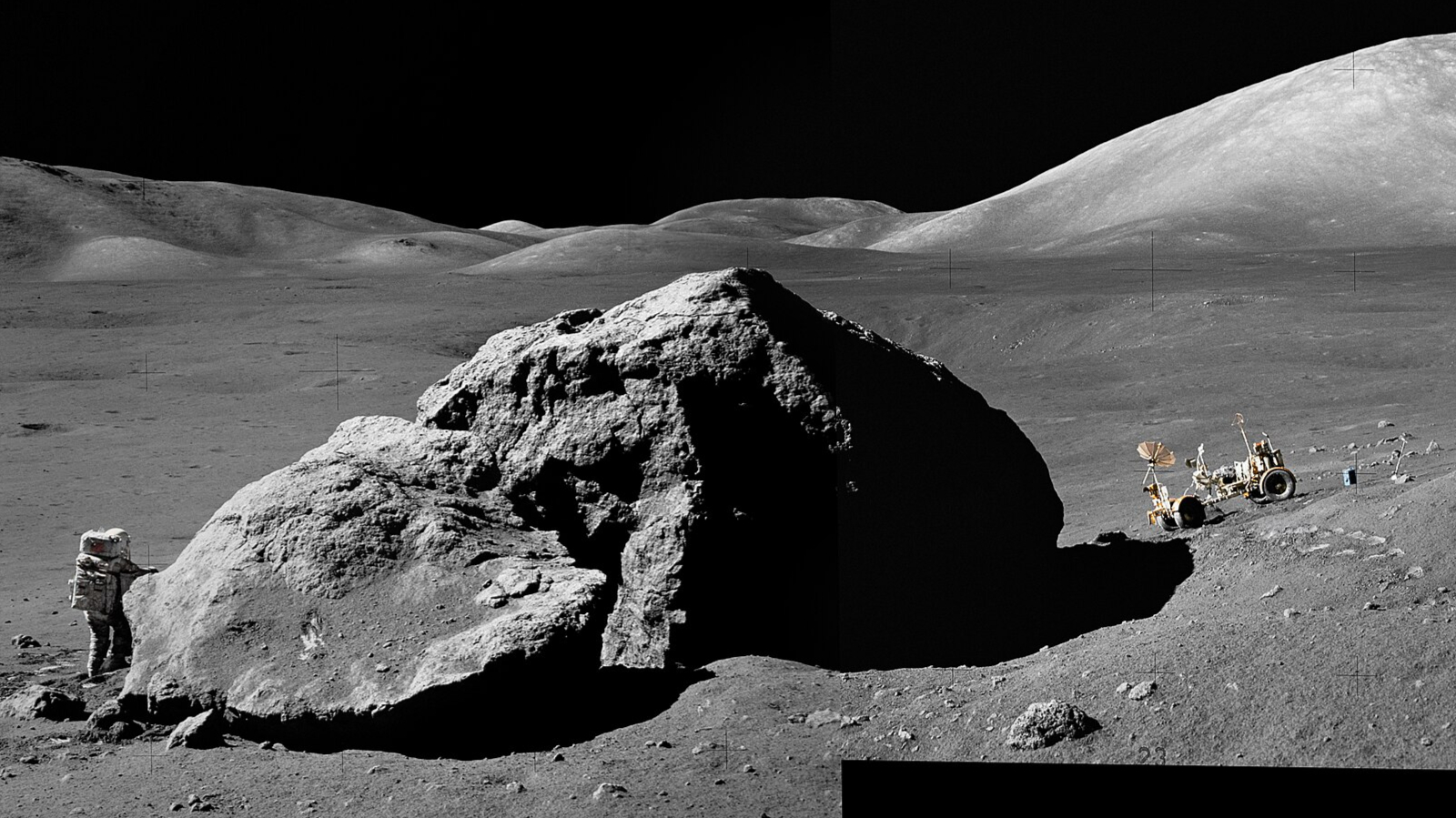
50 years later, Apollo 17’s moon samples are still revealing secrets about lunar volcanoes
By Keith Cooper published
The beads are over 3.3 billion years old, and date from the formation of the "Man in the Moon."
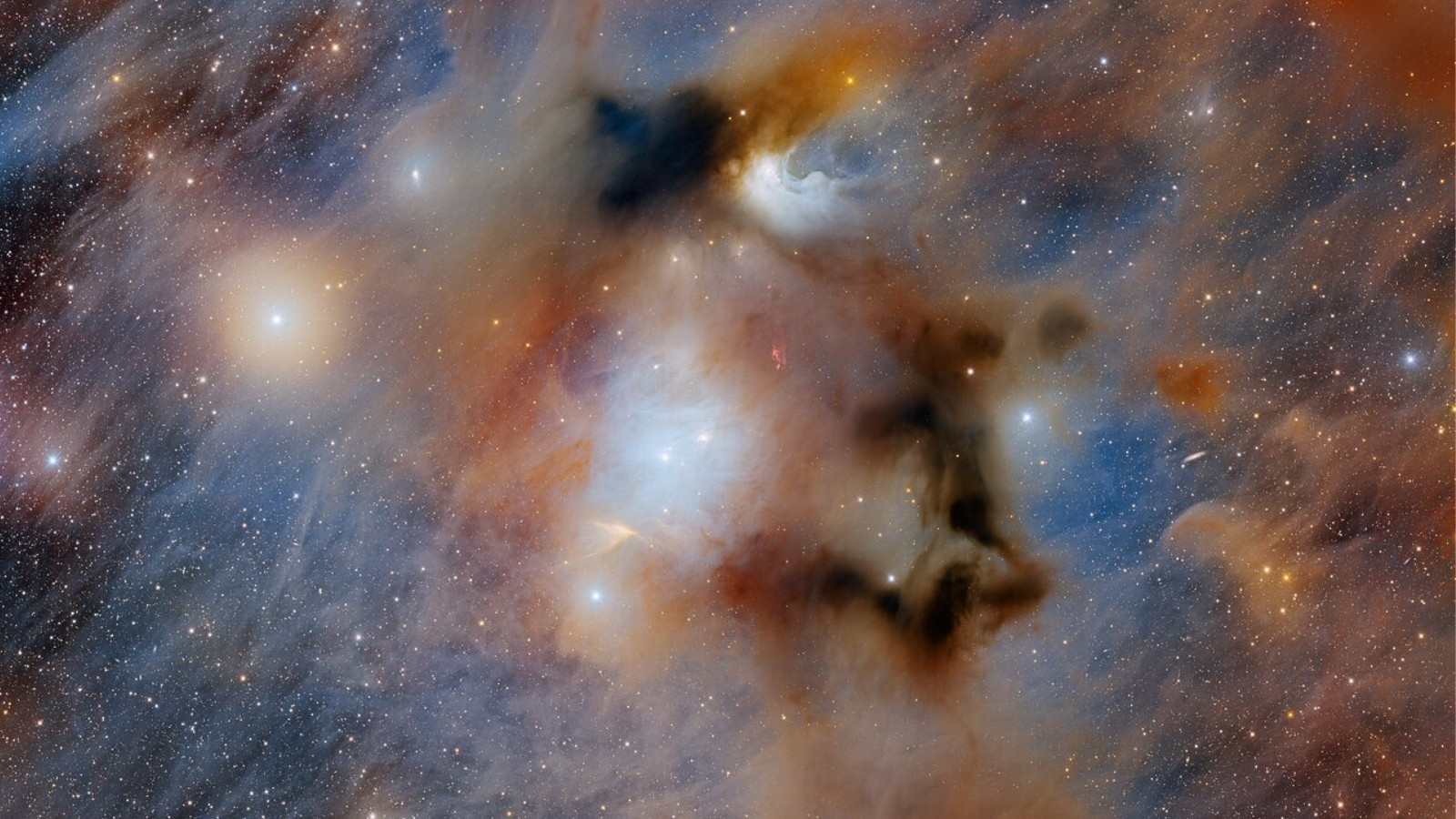
Star-forming cloud Chamaeleon I looks like a cosmic masterpiece in new Dark Energy Camera image (video)
By Keith Cooper published
Part of the closest star-forming region to us, known as the Chamaeleon Complex, has been illuminated by the light of young stars in this artwork by nature captured by the Dark Energy Camera.
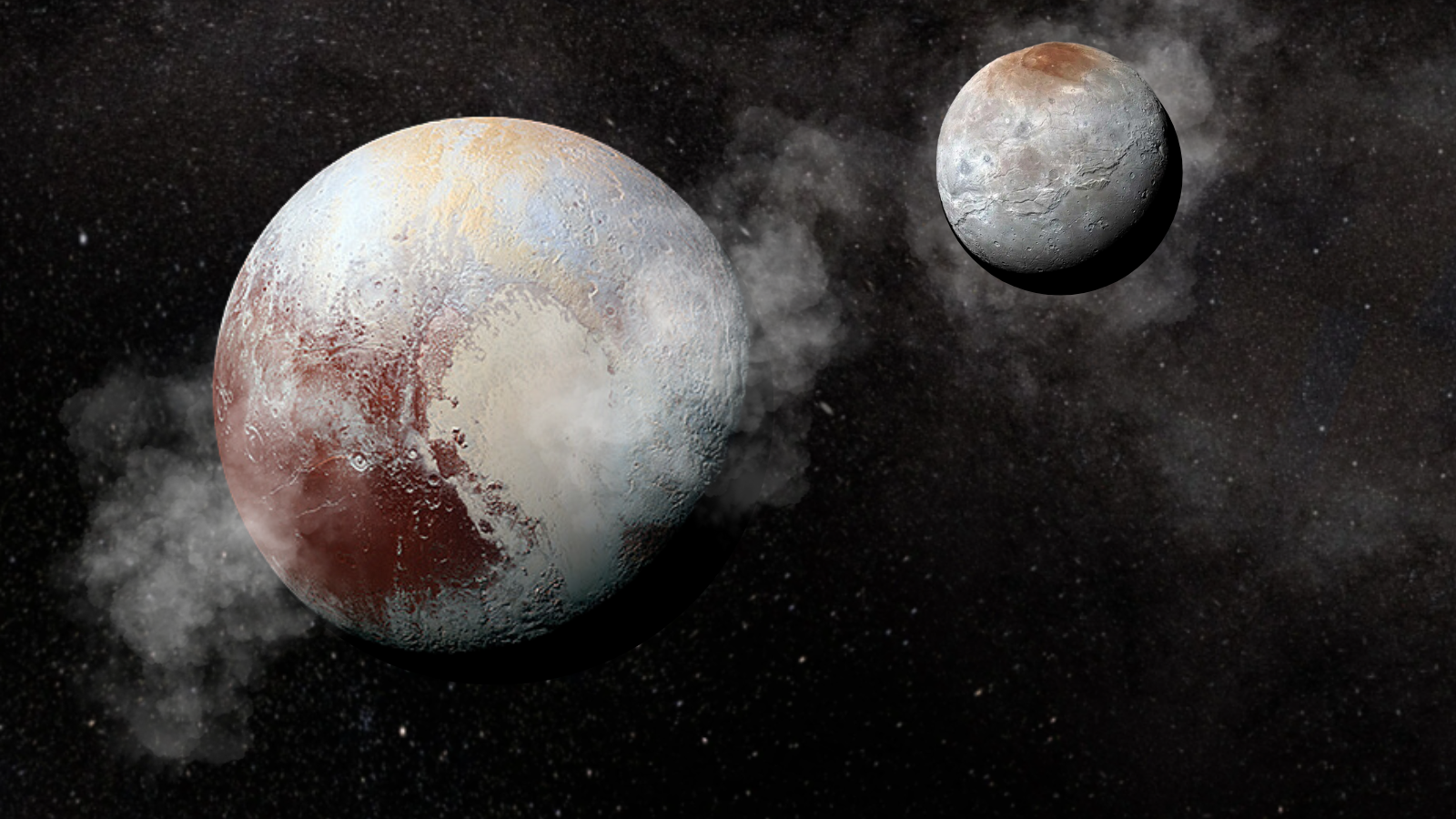
Pluto's hazy skies are making the dwarf planet even colder, James Webb Space Telescope finds
By Keith Cooper published
Simultaneously cooling Pluto while energizing atmospheric molecules to allow them to escape into space, Pluto's haze plays a key role in the planet's energy balance.
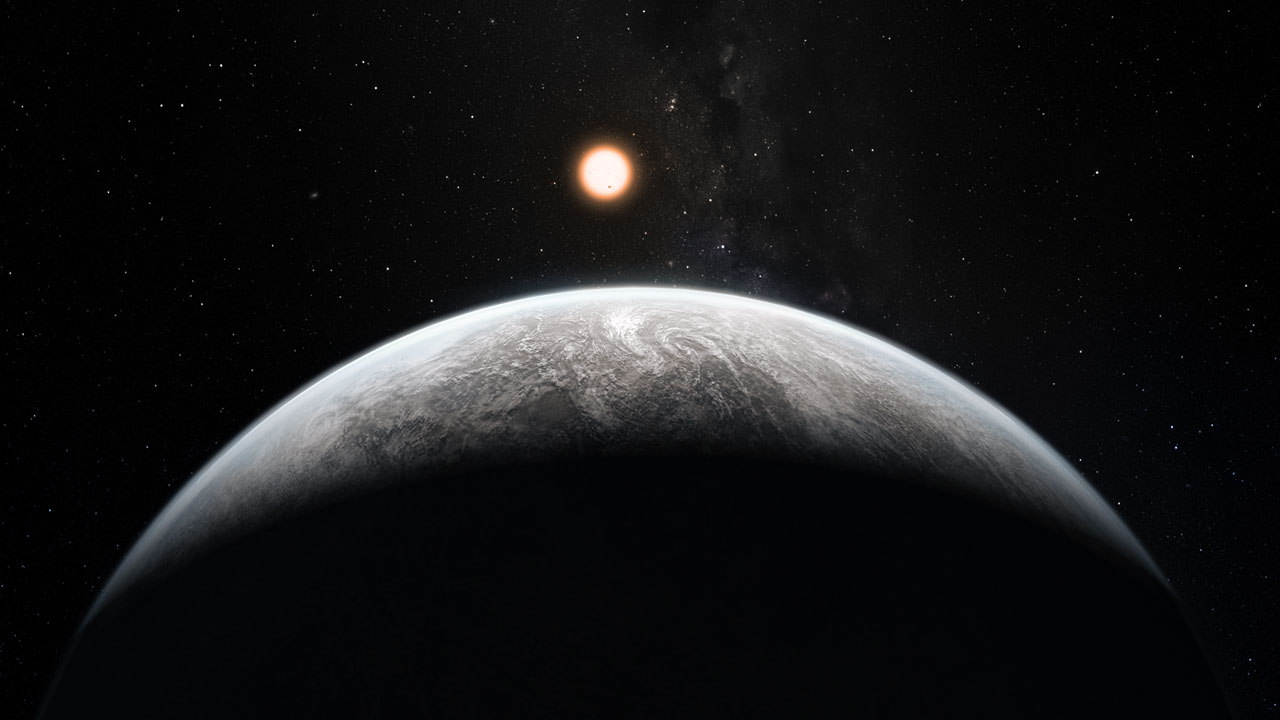
A hidden 'super-Earth' exoplanet is dipping in and out of its habitable zone
By Keith Cooper published
With 10 times the mass of our planet, and spending only part of its orbit in the habitable zone, Kepler-725c is very different to Earth.
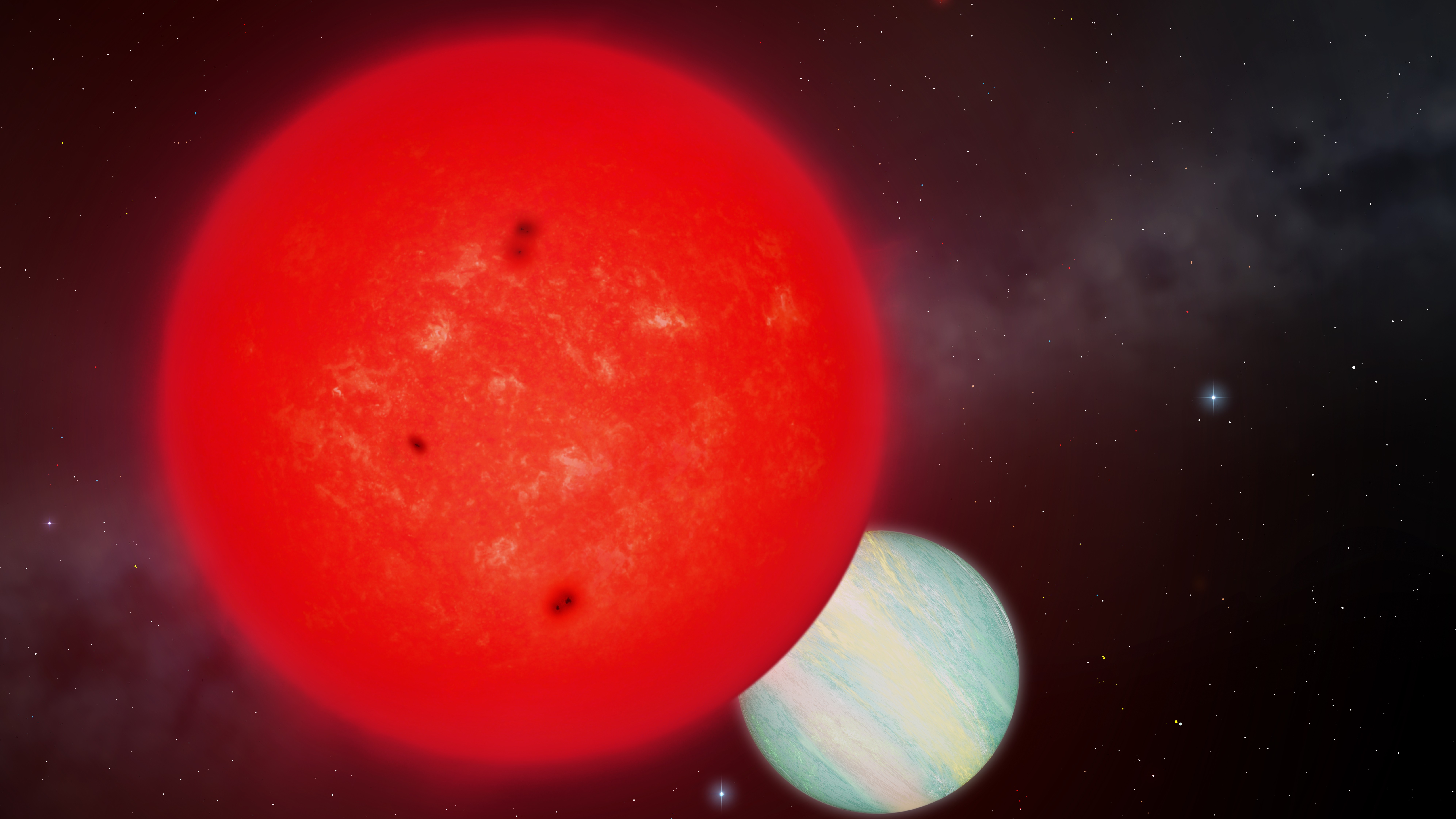
A tiny star gave birth to a giant exoplanet, but no one knows how
By Keith Cooper published
A giant exoplanet is surprisingly chill given how close it is to its red dwarf star — perhaps because the star is so little.
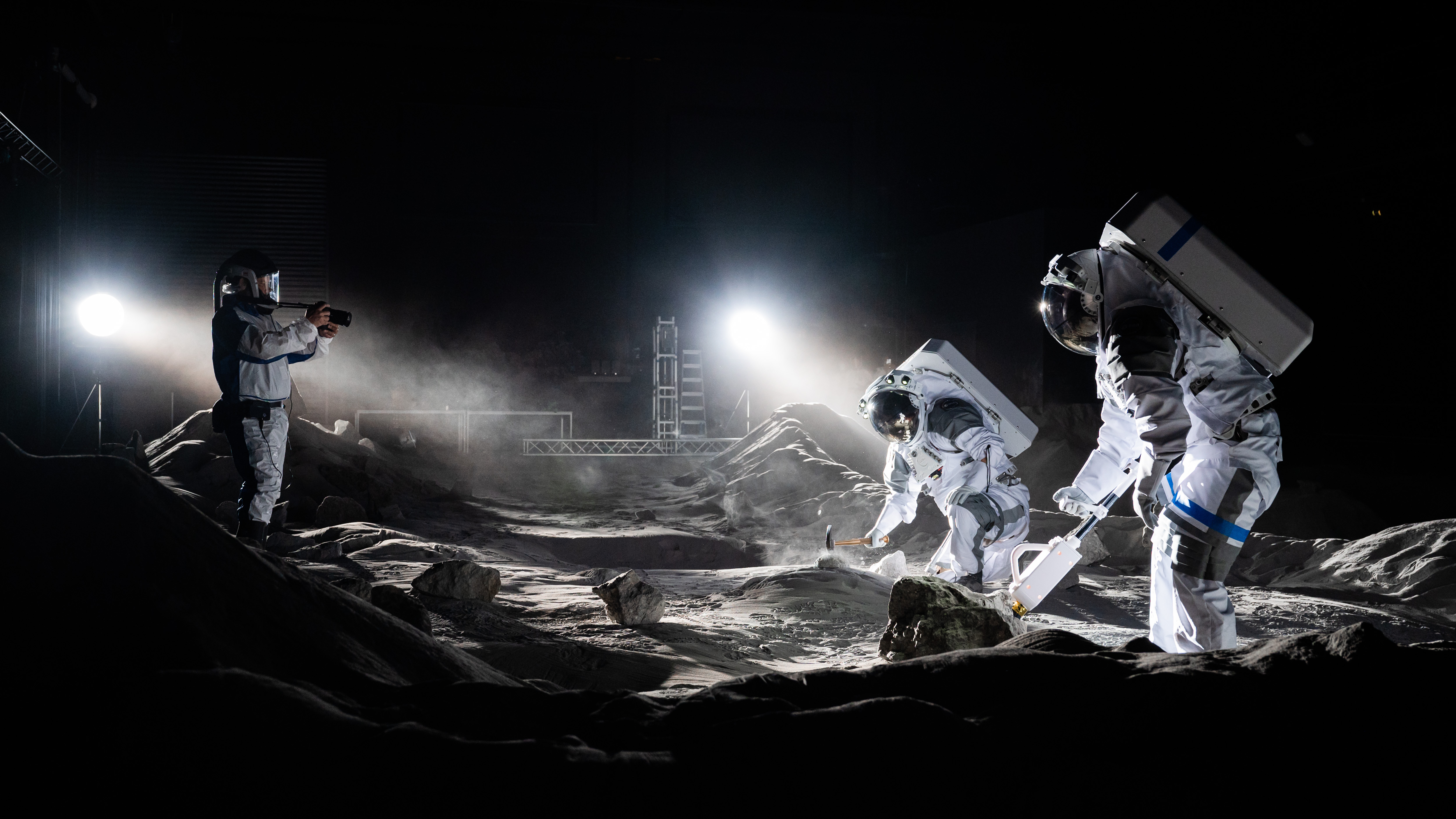
Europe stages a moon landing to learn how to photograph the real thing (photos)
By Keith Cooper published
Built on a set in a specialist facility in Germany, a mockup of a lunar landscape is helping imaging experts learn how to take better images and video footage on the moon.

What's at the center of Mars? Maybe the stench of rotten eggs
By Keith Cooper published
The core of the Red Planet may be filled with sulfur.
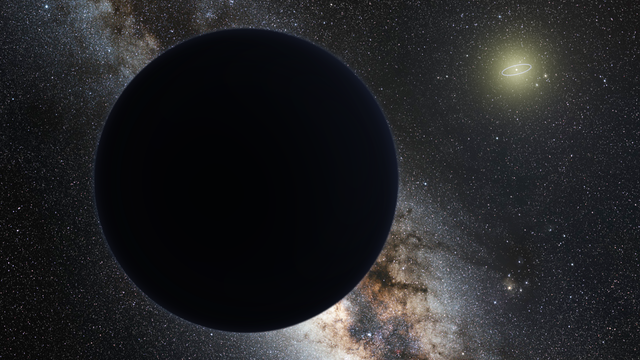
Scientists found a possible new dwarf planet — it could spell bad news for Planet 9 fans
By Keith Cooper published
A newly found object could be a dwarf planet that contradicts the Planet Nine hypothesis.
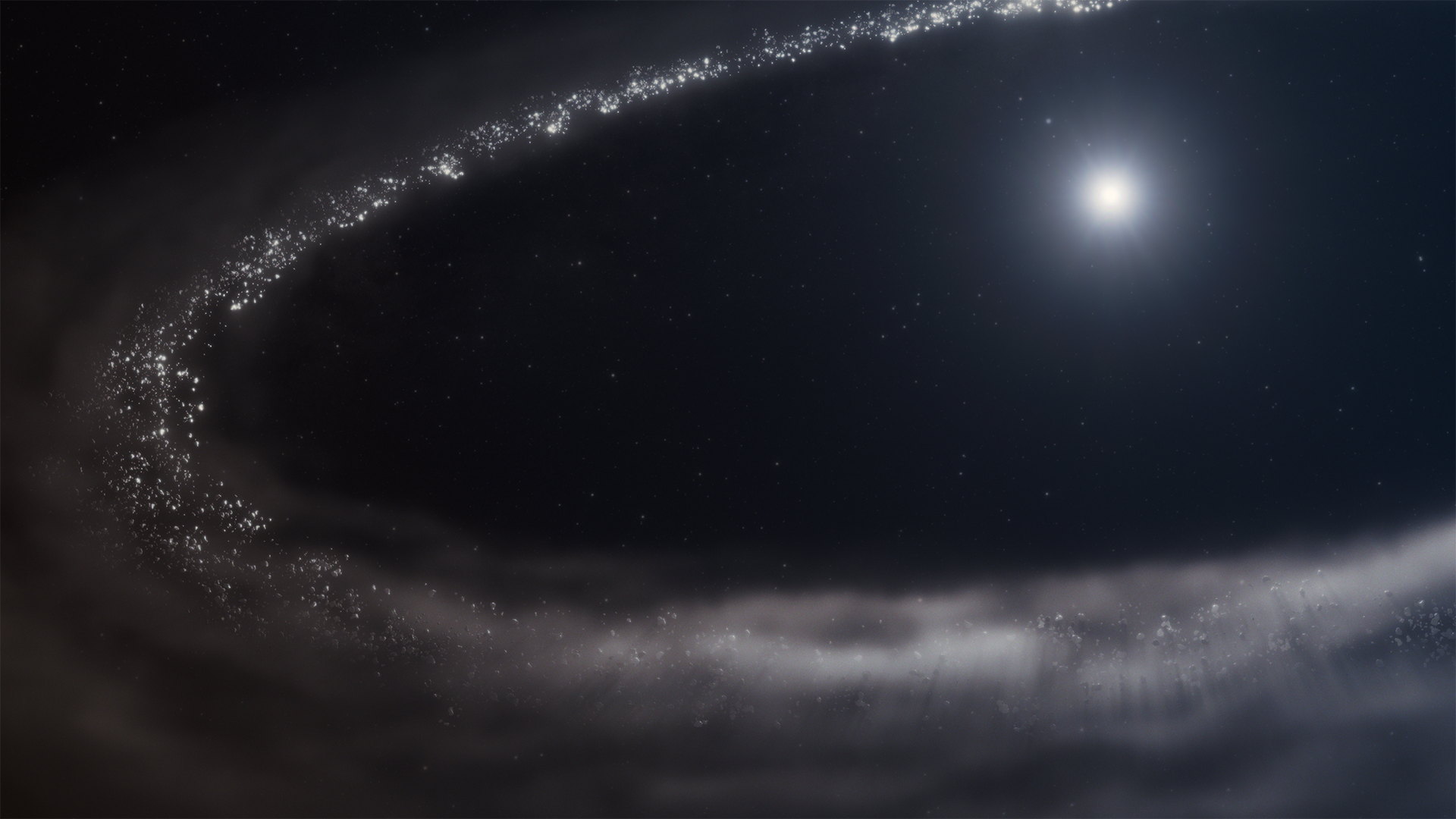
James Webb Space Telescope discovers an alien planetary system's icy edge
By Keith Cooper published
The presence of water-ice in the debris disk around a young star could have helped facilitate the growth and development of exoplanets.
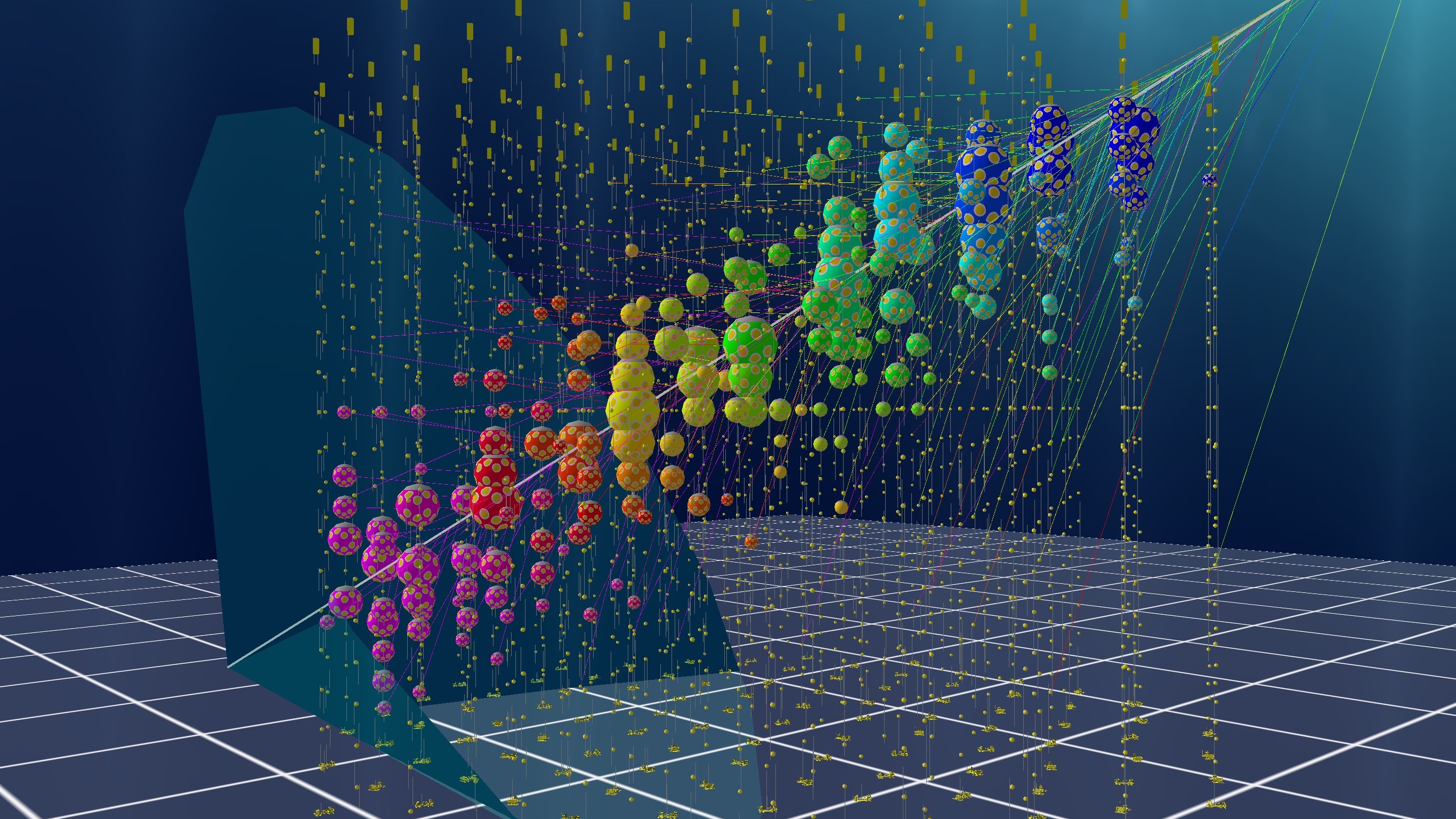
Why scientists are so excited about the highest-energy 'ghost particle' ever seen
By Keith Cooper published
Scientists have found a neutrino that could come from a gamma-ray burst, an active black hole or a collision between a cosmic ray and photons in the cosmic microwave background.
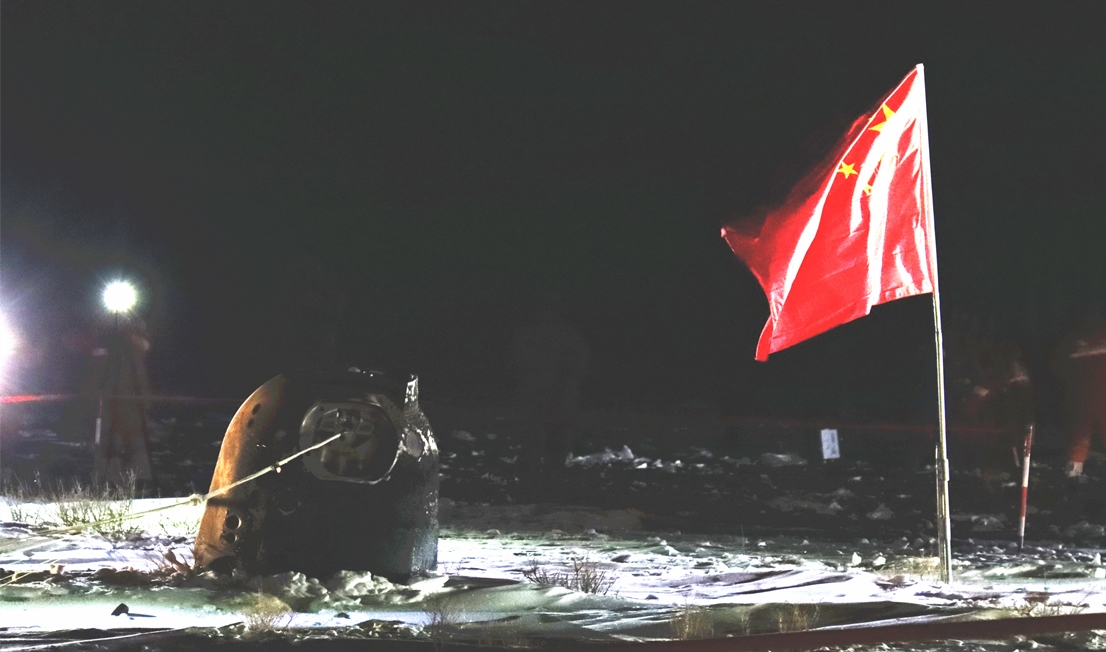
China is sharing priceless moon samples with international partners, but NASA can't be a part of it
By Keith Cooper published
The Wolf Amendment, a law that prevents bilateral cooperation in space research between the U.S. and China, is preventing U.S. government-funded analysis of the Chang'e 5 moon samples.
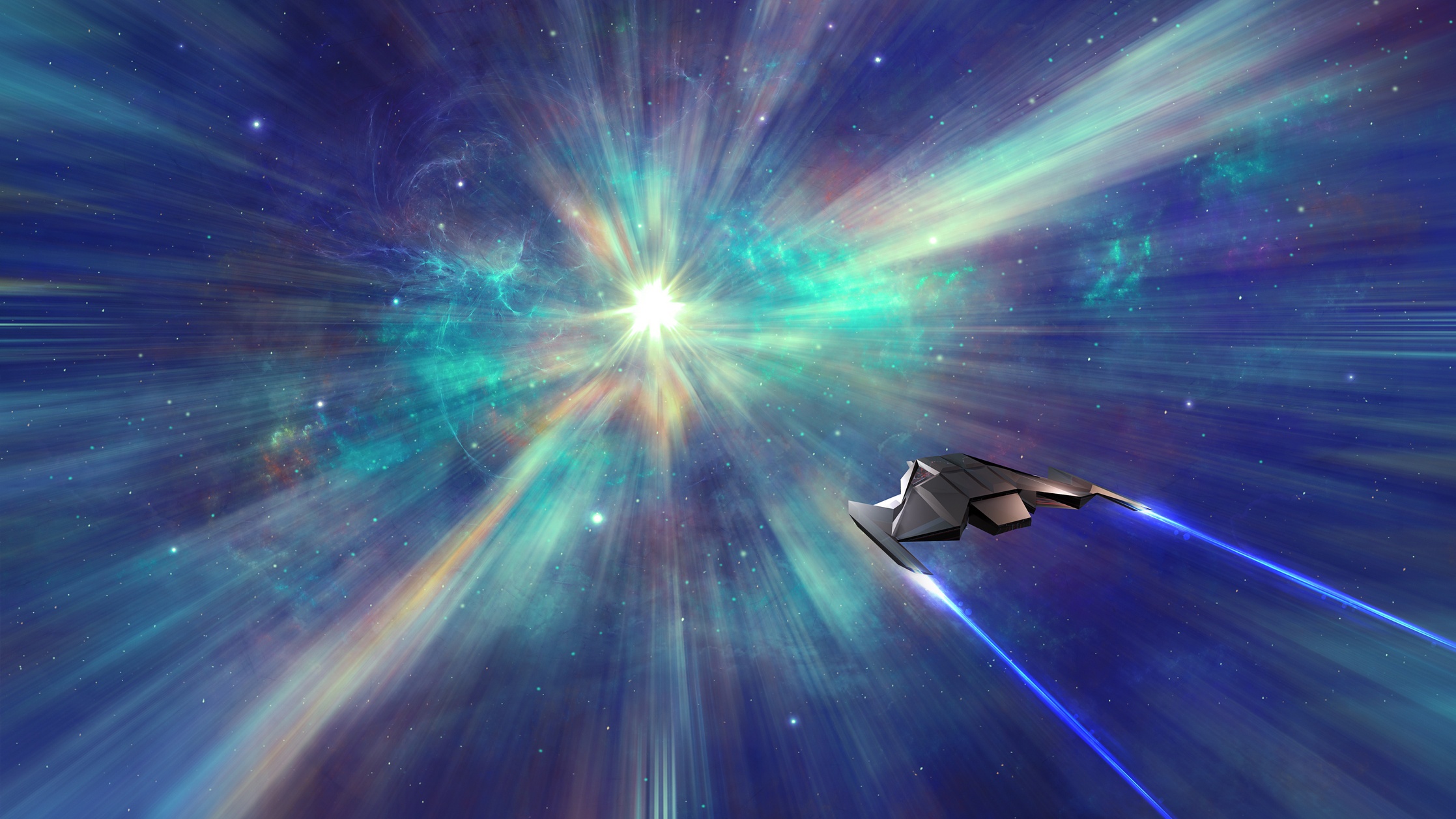
A spaceship moving near the speed of light would appear rotated, special relativity experiment proves
By Keith Cooper published
The idea was first hypothesized about 70 years ago.
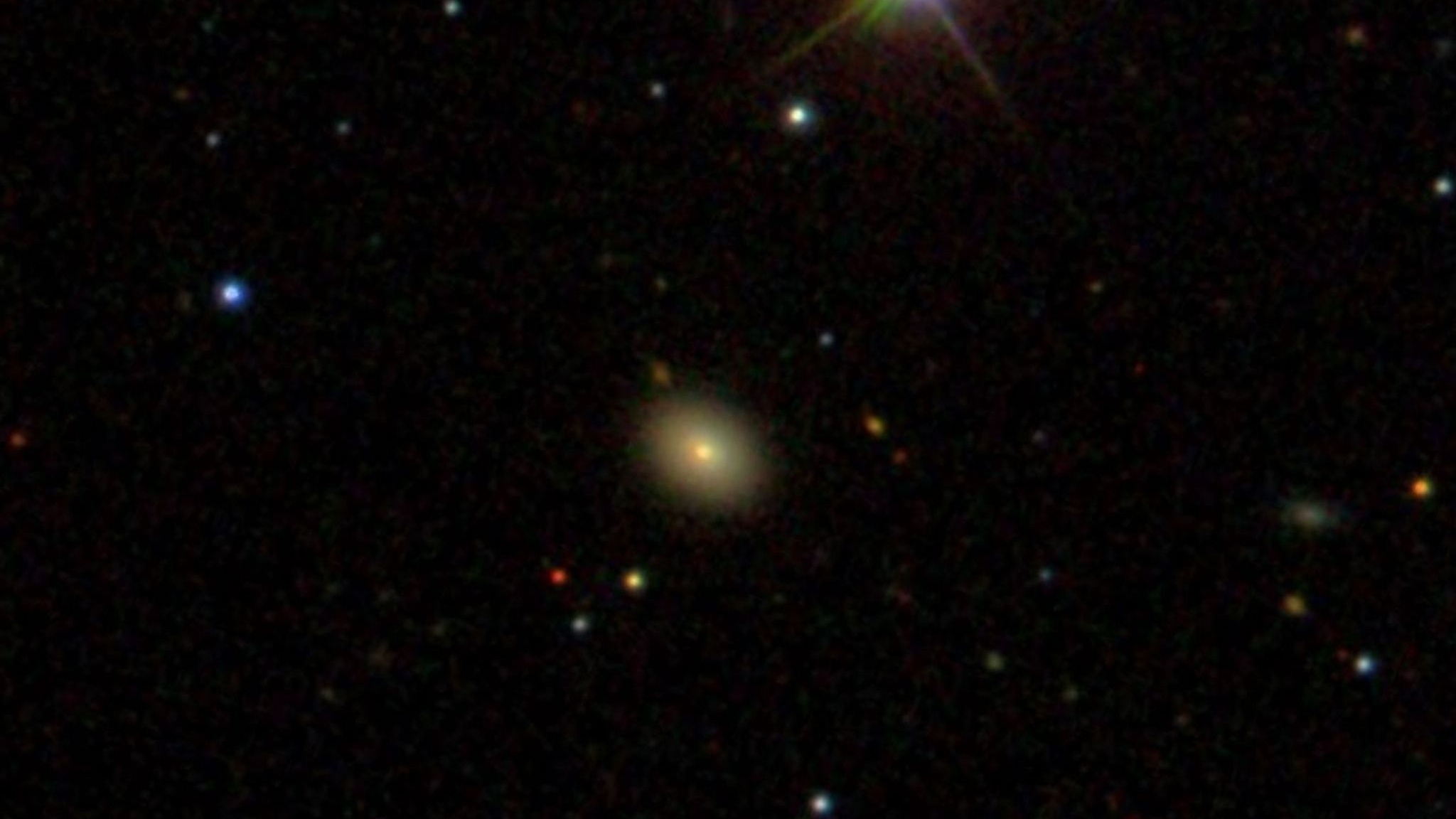
Doomed star circling supermassive black hole could be ripped apart in less than 6 years
By Keith Cooper published
Every time this doomed star plunges through a supermassive black hole's accretion disk, it loses orbital energy and triggers a burst of X-rays.
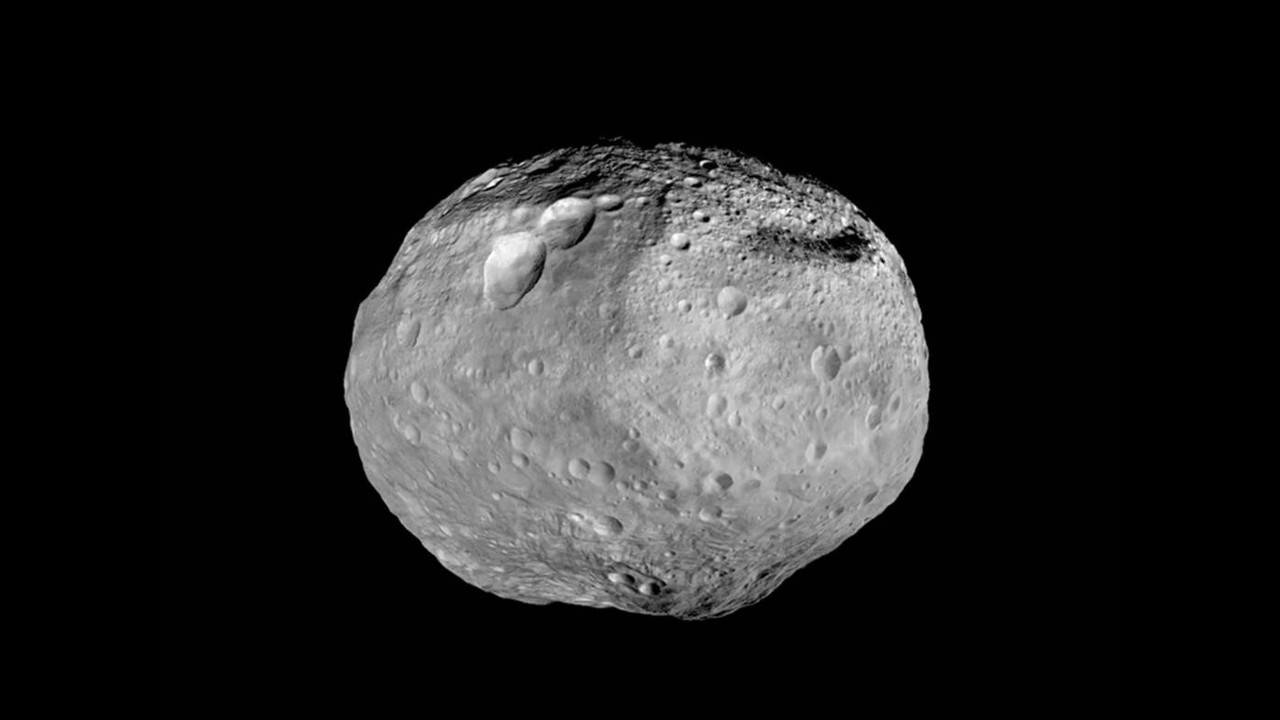
Asteroid Vesta could be a fragment of a solar system planet, but which one?
By Keith Cooper published
The interior of asteroid Vesta has been shown not to be a protoplanet after all, meaning that new explanations for its origin are needed.
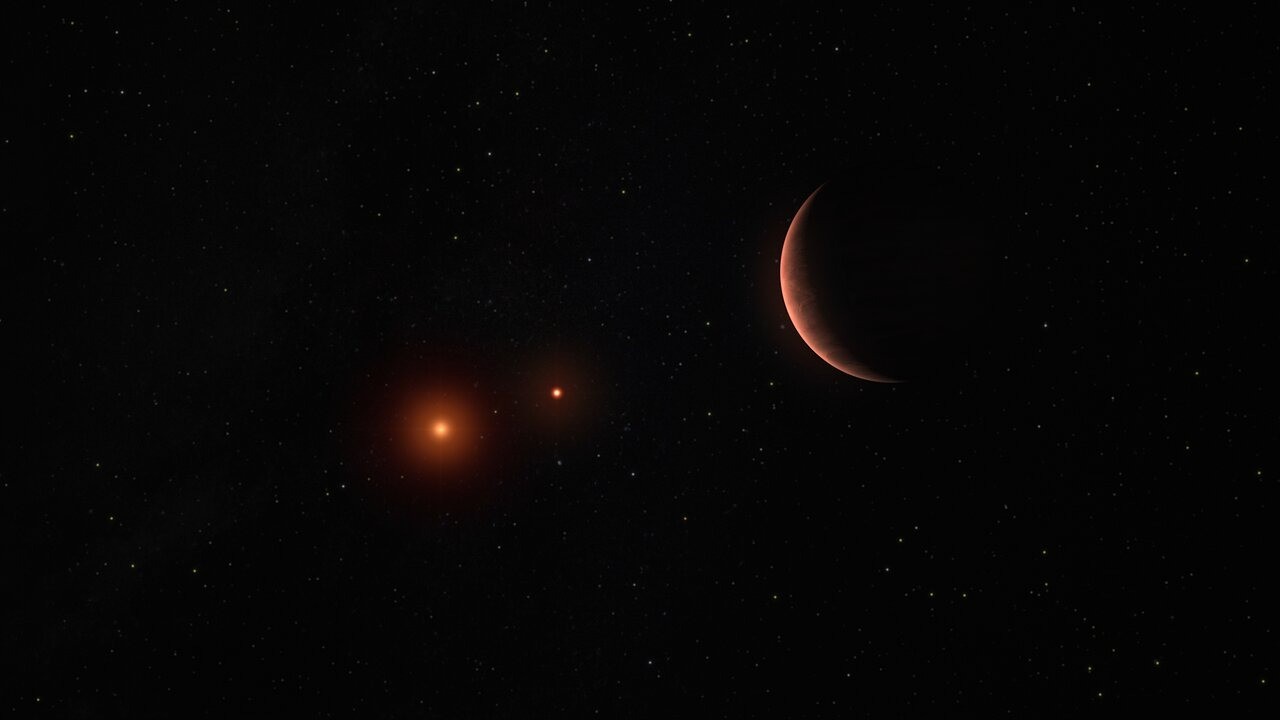
What would it be like living on Tatooine from 'Star Wars'? This exoplanet orbiting twin suns could tell us
By Keith Cooper published
Luke found life on Tatooine to be boring, but he should be glad, because as we have seen, binary stars have the potential to play all kinds of havoc on their orbiting circumbinary planets.
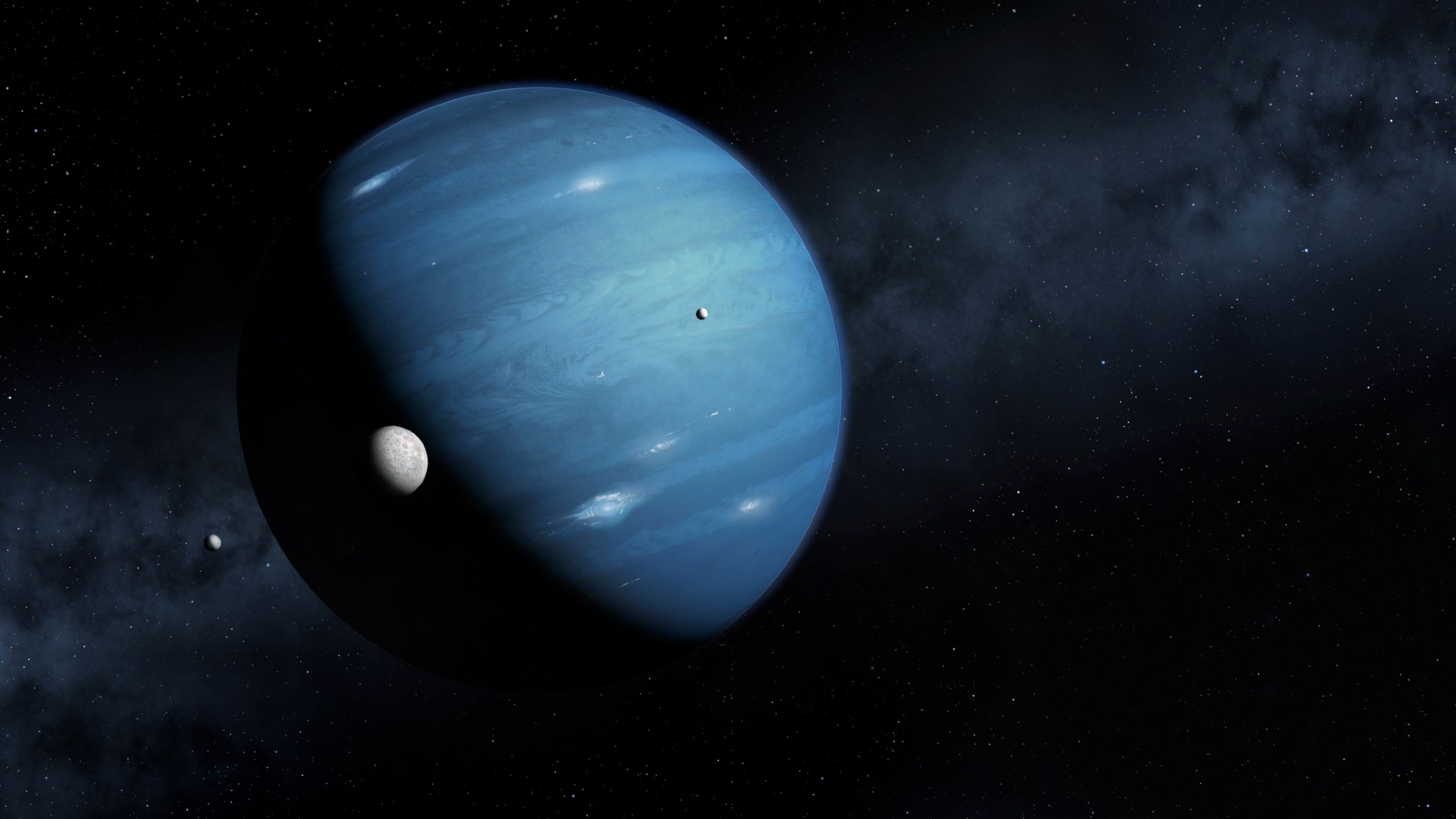
Evidence of controversial Planet 9 uncovered in sky surveys taken 23 years apart
By Keith Cooper published
An object seen to have moved in the time between when it was imaged by the IRAS and AKARI surveys in 1983 and 2006 respectively could be Planet Nine.
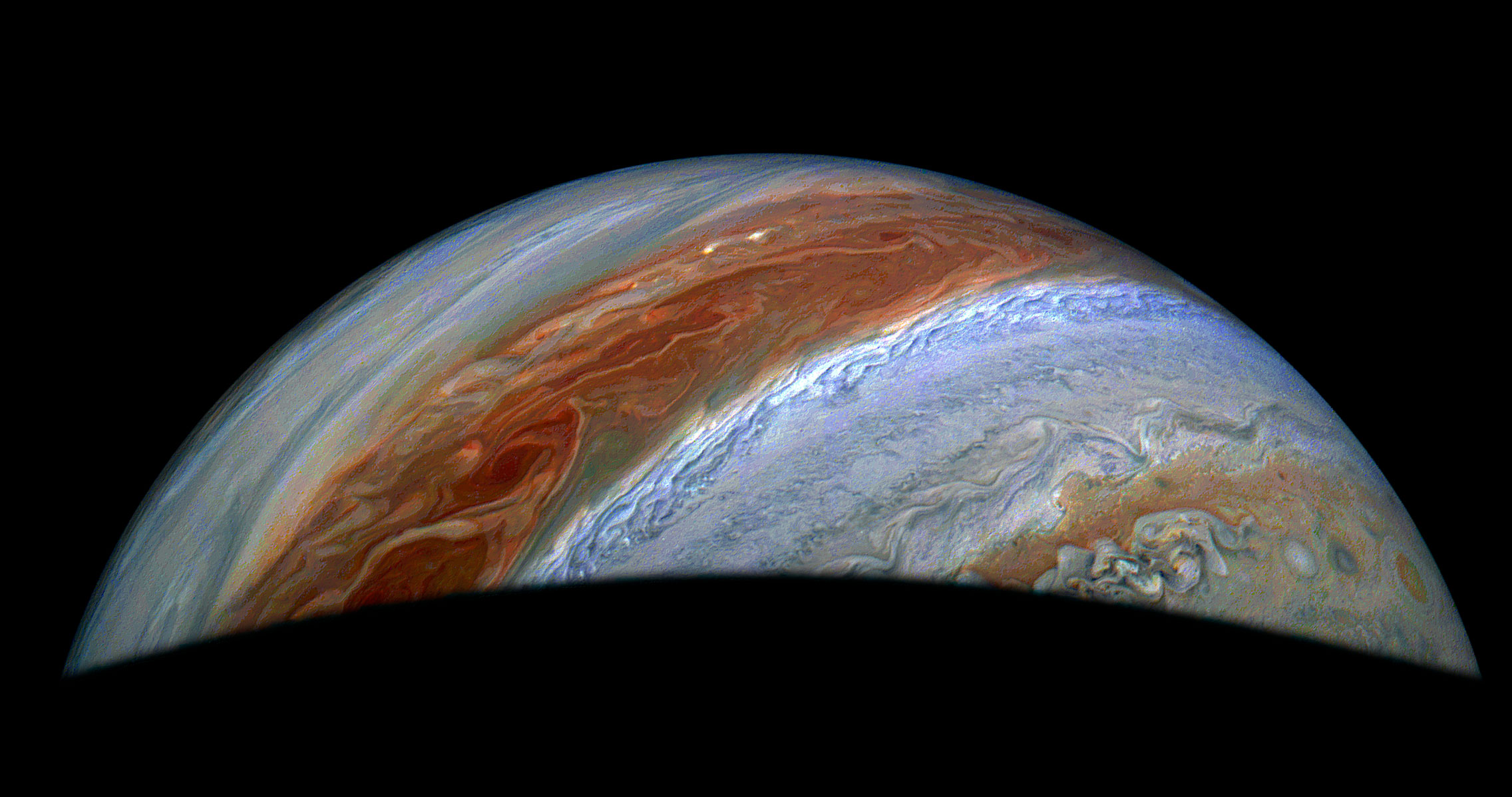
Cyclones on Jupiter and a moon with flowing magma: NASA Juno probe's latest discoveries are awesome
By Keith Cooper published
NASA's mission to Jupiter has revealed new findings about the giant planet and its volcanic moon.
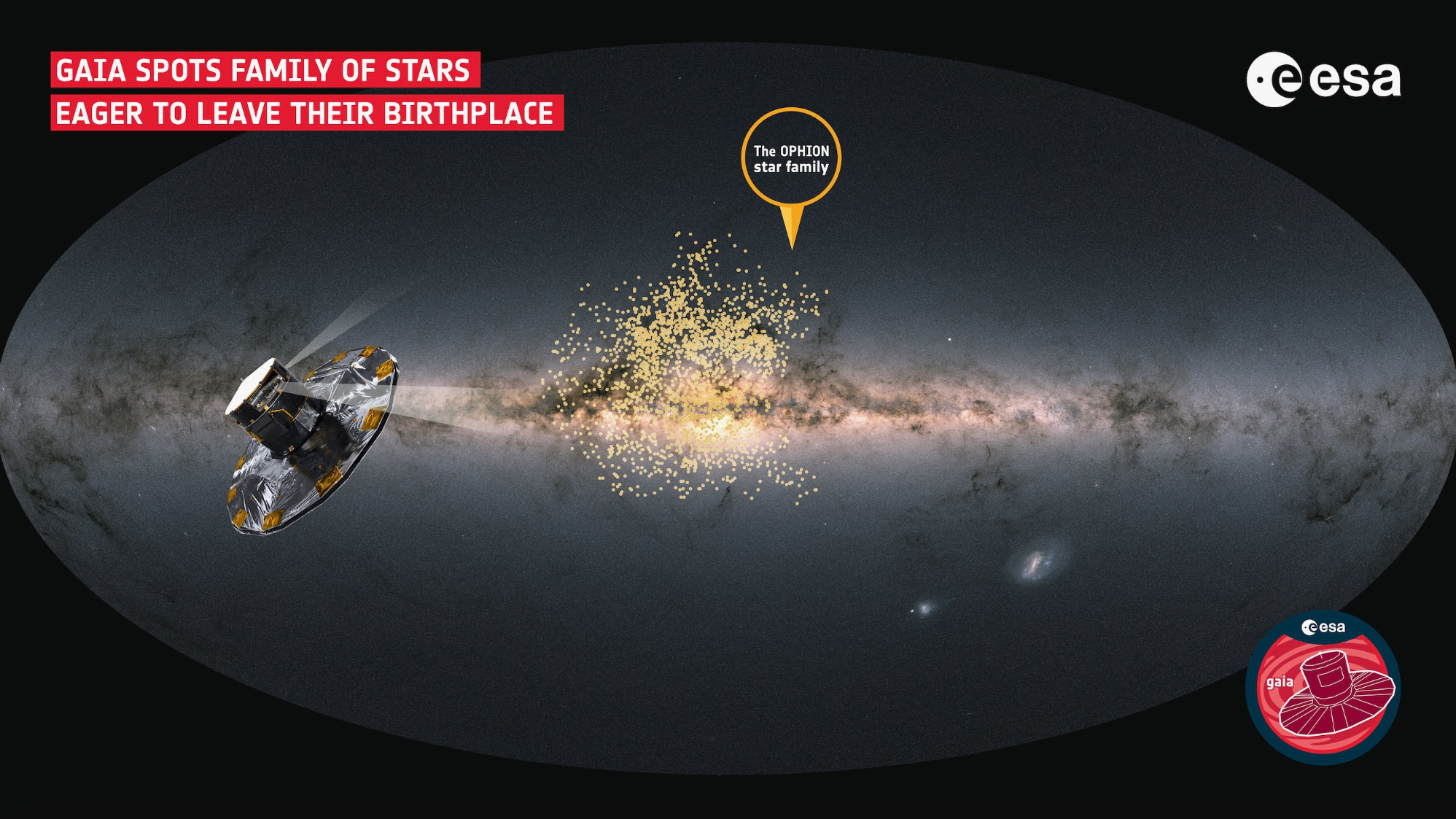
A thousand stars are fleeing home in a hurry, and scientists don't know why
By Keith Cooper published
Data from Europe's Gaia spacecraft have revealed that a cluster of 1,000 stars is breaking up much faster than is normal, stumping astronomers.

Scientists find giant, hidden gas cloud only 300 light-years away: 'This cloud is literally glowing in the dark'
By Keith Cooper published
A newly found, huge cloud near our solar system probably won't form stars, but will rather disperse as part of a feedback cycle that regulates star formation.
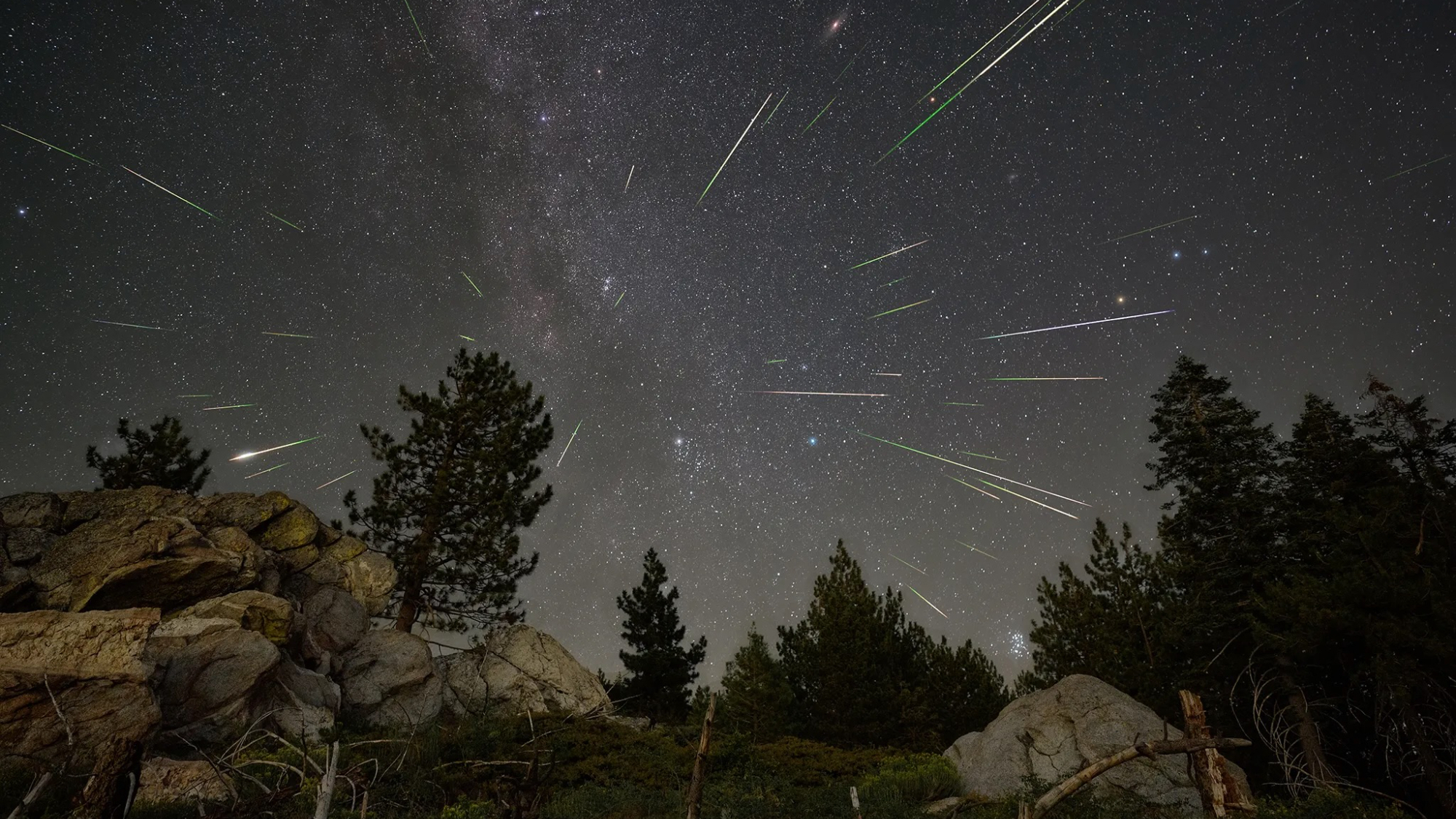
Why are meteor showers so unpredictable? The sun may be to blame
By Keith Cooper published
Our sun is wobbling, and this has a huge impact upon the regularity of many of Earth's meteor showers, according to a new study.
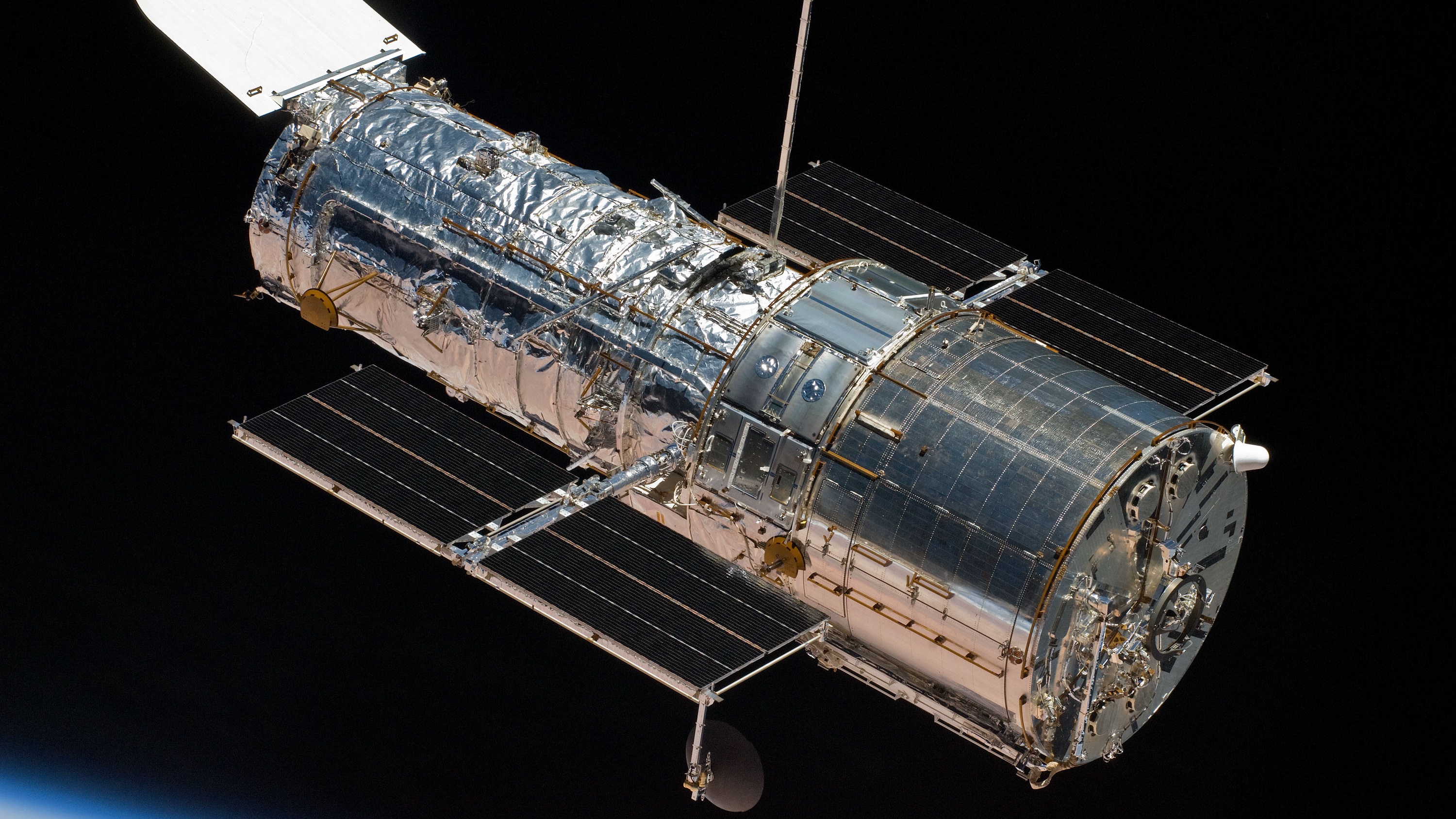
Aging gracefully: The Hubble Telescope is in 'excellent technical condition' on its 35th birthday, its chief scientist says
By Keith Cooper published
By teaming up with the James Webb Space Telescope, or by scientists delving into its long history of observations, Hubble is cementing its legacy.
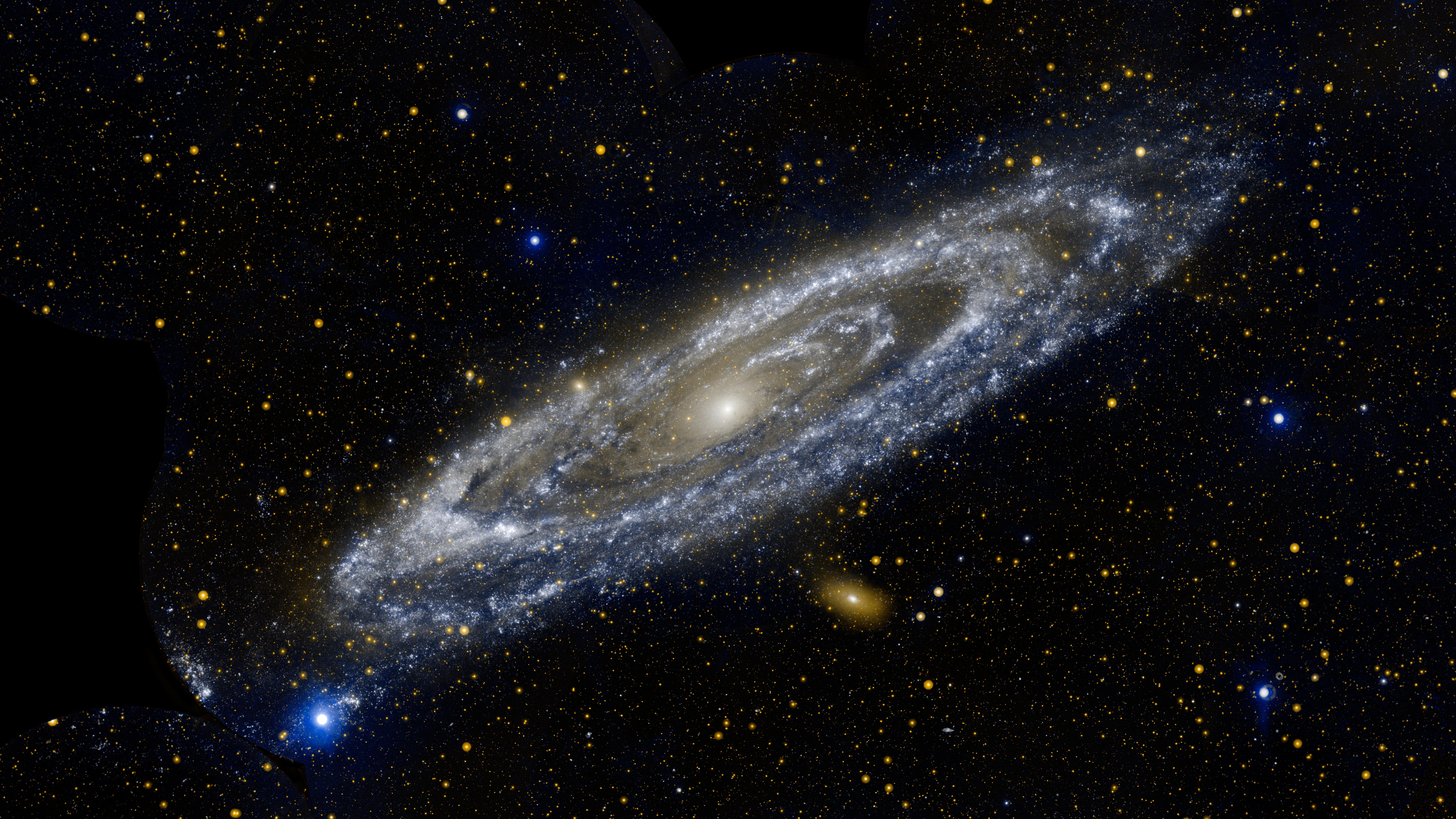
Our galactic neighbor Andromeda has a bunch of satellite galaxies — and they're weirdly pointing at us
By Keith Cooper published
The Andromeda galaxy's family of satellite galaxies point towards the Milky Way, and nobody knows why.
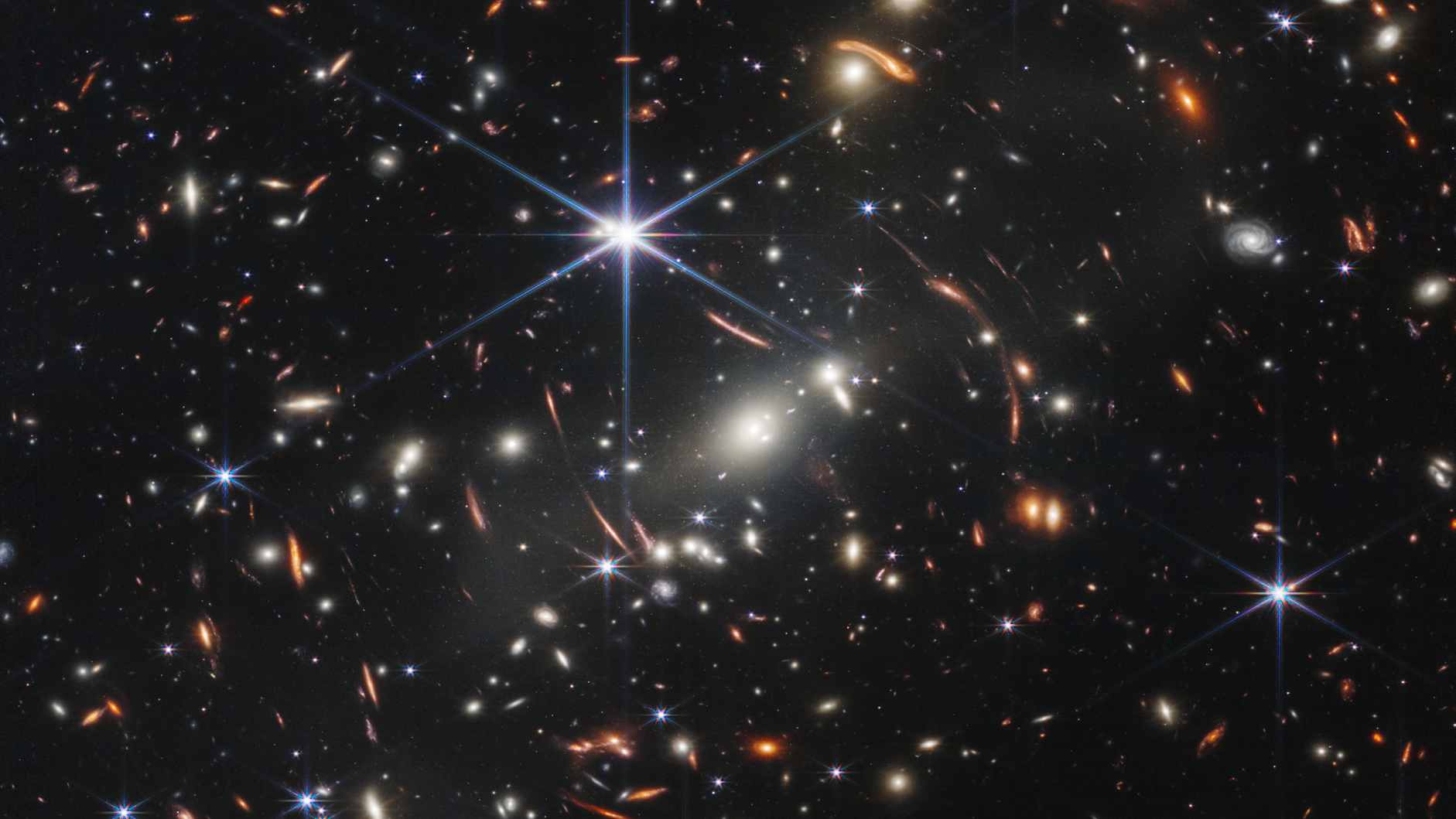
Vast swarms of hidden galaxies may be secretly bathing the universe in a soft glow
By Keith Cooper published
A fog of long-wavelength infrared light could be produced by dusty, star-forming galaxies that have remained hidden — until now, that is.
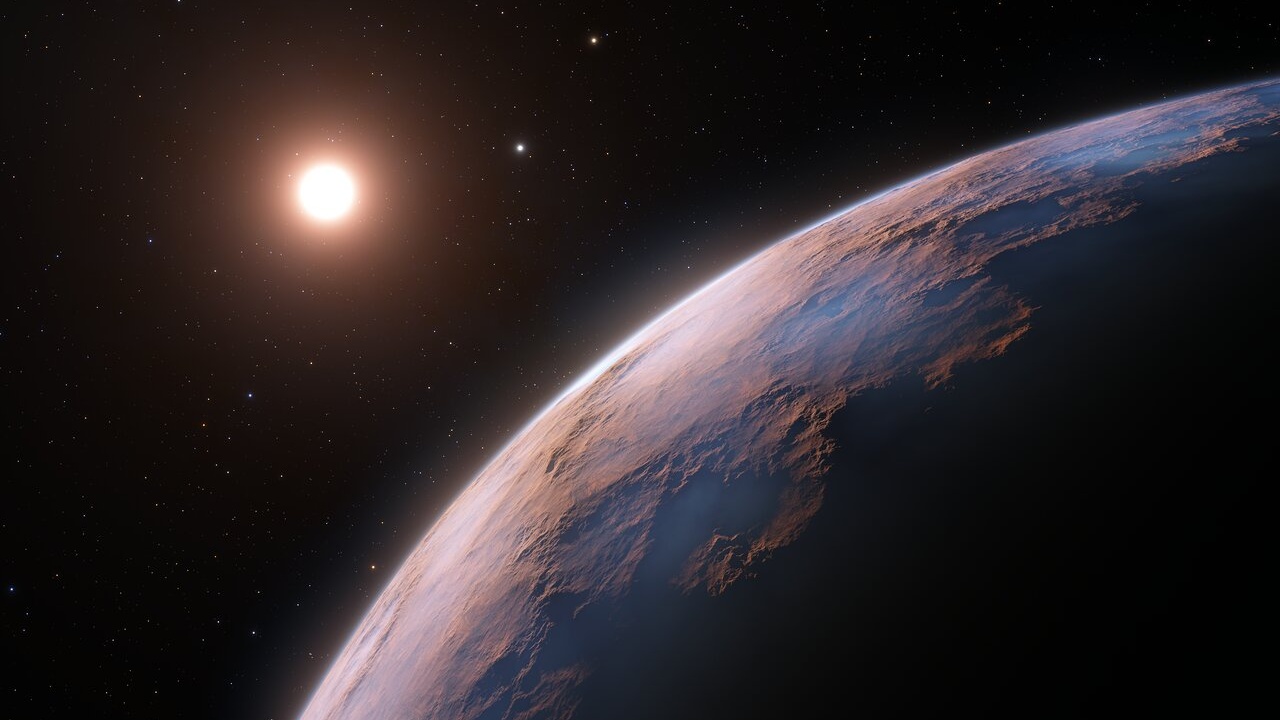
How artificial intelligence is helping scientists hunt for alien Earths
By Keith Cooper published
An AI algorithm designed to look for planetary systems that could host Earth-like, habitable zone planets, has found 44 candidates.

This star burped after eating a planet — but the planet was really asking for it
By Keith Cooper published
The James Webb Space Telescope has revisited a star that swallowed a planet and found that instead of the star subsuming the planet, it was the planet that crashed into the star.
Breaking space news, the latest updates on rocket launches, skywatching events and more!
